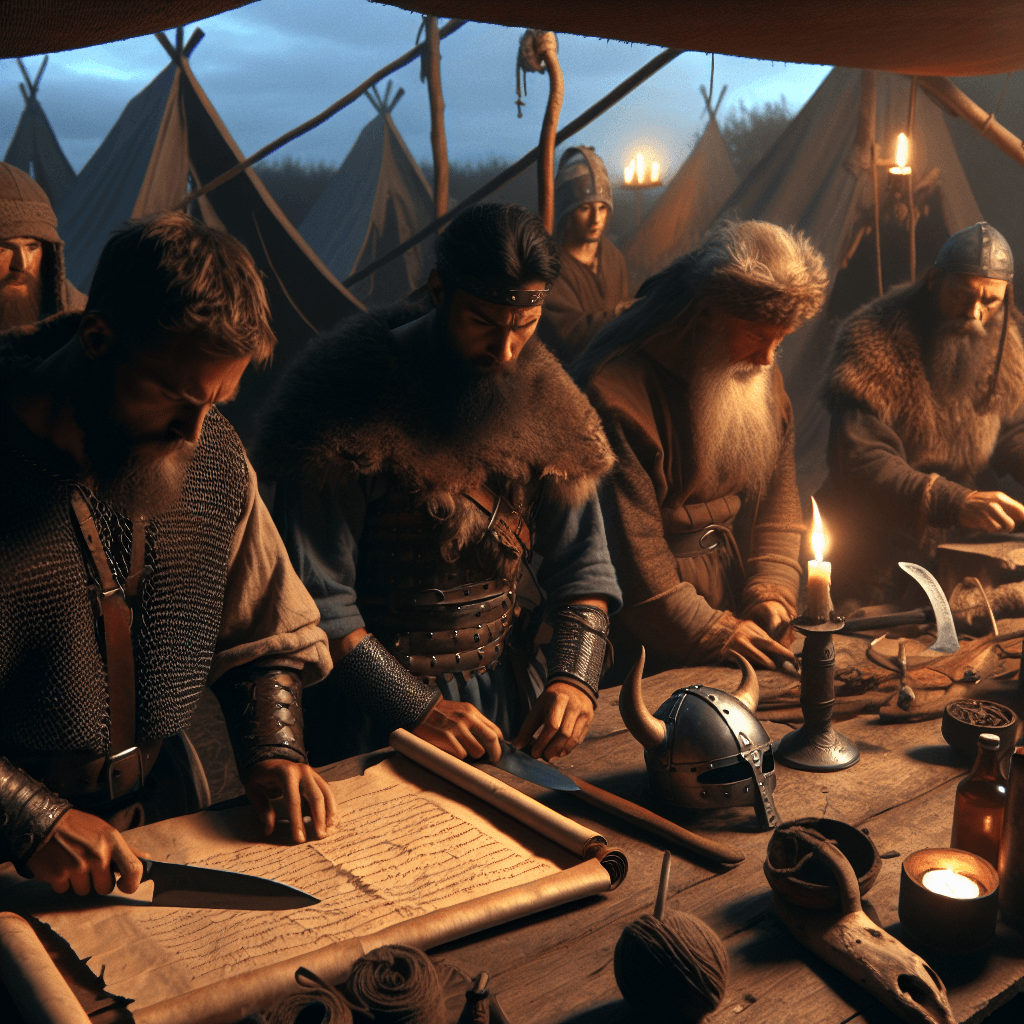The Legacy of the Vikings: Warriors, Traders, and Explorers
Exploring the Impact of Viking Culture on the World

The Legacy of the Vikings: Warriors, Traders, and Explorers
The Vikings, known for their fierce reputation as warriors and raiders, were much more than just conquerors. Emerging from Northern Europe around the late 8th century, they made a significant mark on history as traders, explorers, and settlers. This blog delves into the multifaceted legacy of the Vikings, highlighting their contributions to commerce, culture, and exploration.
A Warrior Society
The term 'Viking' often brings to mind images of Scandinavian warriors clad in armor, wielding axes and swords. Their raids on coastal settlements across Europe prompted fear and respect across continents. Yet, these raids were not only about plundering; they served as a means of survival in a society reliant on agriculture and trade. The Viking Age was characterized by an intricate social structure, where leaders known as 'jarls' ruled over warriors ('karls') and the lower classes ('thralls').
Traders and Craftsmen
Beyond their warrior image, Vikings were also skilled craftsmen and adept traders. They established extensive trade networks that spanned from the Arctic to the Mediterranean, trading goods such as furs, timber, and precious metals. Their craftwork, particularly in metal and wood, demonstrated a high level of artistry, producing items that were both functional and beautiful. The coastline cities of towns like Birka and Hedeby became bustling commercial hubs, facilitating cultural exchanges that enriched both Scandinavian and foreign traditions.
Explorers of the Unknown
Vikings were pioneering explorers who ventured into uncharted territories. They reached as far as North America, establishing a settlement at L'Anse aux Meadows in Newfoundland, Canada, centuries before Columbus. Their sagas tell tales of their journeys, showcasing their incredible navigation skills that allowed them to traverse the open seas and explore new lands. This spirit of exploration contributed to the expansion of knowledge about the geography of the world at the time.
Impact on Culture
The Viking influence resonates in modern culture through language, literature, and art. Many English words stem from Old Norse, the language of the Vikings. Stories of their exploits are immortalized in literature, with epic tales and sagas capturing their adventures. Today, the fascination with Viking culture is reflected in films, television series, and popular fiction, showcasing their enduring legacy in our collective consciousness.
Conclusion
The history of the Vikings is a testament to the complexity of their society beyond the stereotype of brutes and raiders. As warriors, traders, and explorers, they shaped the course of history and laid foundations that influenced future generations. Understanding their legacy encourages us to appreciate the depth of their contributions to culture, commerce, and exploration, affirming that the Vikings were much more than mere warriors.